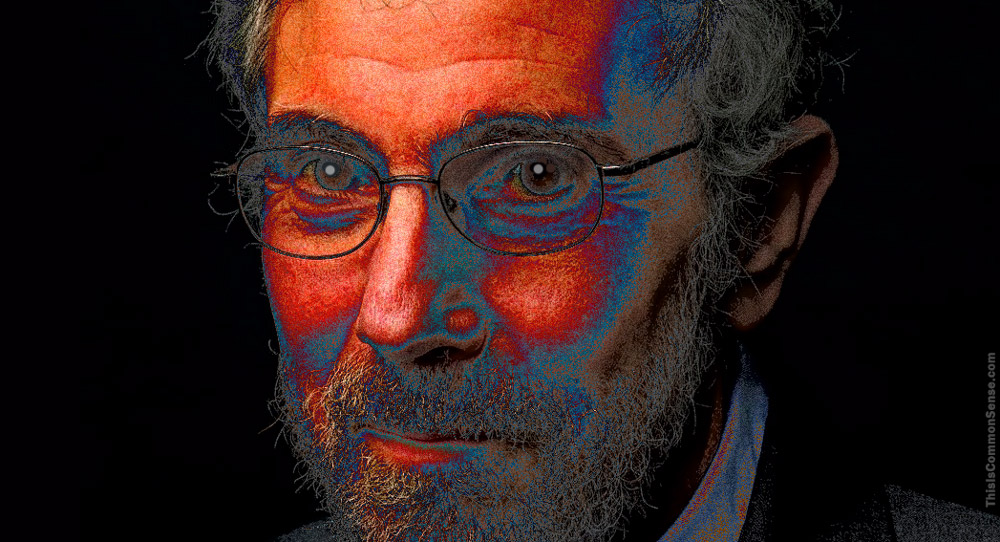Zombies don’t exist. Not like in the movies.
Or like in the pages of The New York Times.
The Times’s economist Paul Krugman has a new book out, Arguing with Zombies, and, if I ever had the tiniest margin of utility nudging me towards reading it, John Goodman’s review in Forbes has dissuaded me. For Krugman doesn’t argue with anyone — he argues against economists whom he mischaracterizes.
No, that’s apparently too kind. He argues against, says Goodman, economists who don’t exist. “Zombies are economists who believe that every tax cut pays for itself with increased revenue,” Goodman explains. “They hate the poor. They are closet racists. They do the bidding of billionaire puppet masters who pay their salaries and fund their research. Their goal in life is to make the rich richer and the poor poorer.”
Goodman concludes by noting that Krugman knows better, for “if you are thinking that Krugman has never met a Republican, you might be inclined to cut him some slack.” But no, “it turns out Krugman actually worked in the White House during the Reagan administration. That means he knows the tax cuts weren’t devised by economists whose motivation was to make the rich richer. He knows his fellow economic advisors to the president weren’t puppets, doing the bidding of billionaires. He knows they weren’t closet racists. He knows they didn’t hate the poor.”
Krugman — a Nobel Laureate — calls his enemies the worst names imaginable. Yet, Krugman the Zombie Hunter is one reason our political culture is so monstrous right now.
Not zombie-monstrous, partisan-monstrous.
Meanwhile, the two sides that hate each other are united at least in one way, in creating another monster: the $2.2 trillion bailout, and the record new deficit.
This is Common Sense. I’m Paul Jacob.

See all recent commentary
(simplified and organized)
See recent popular posts


